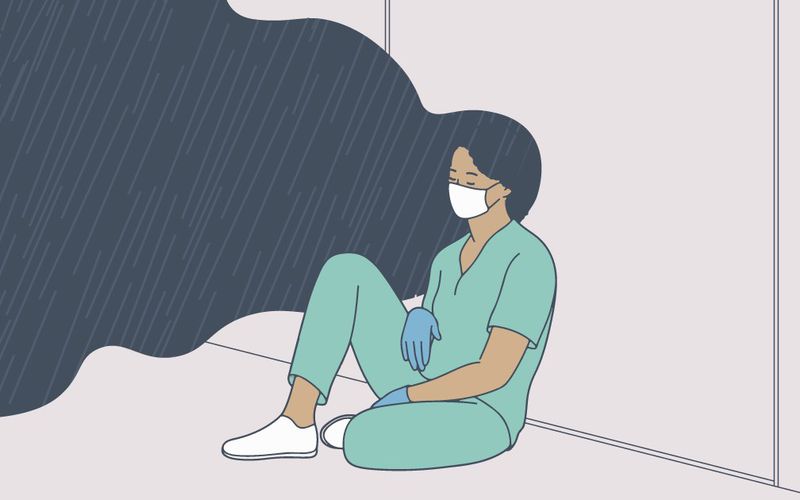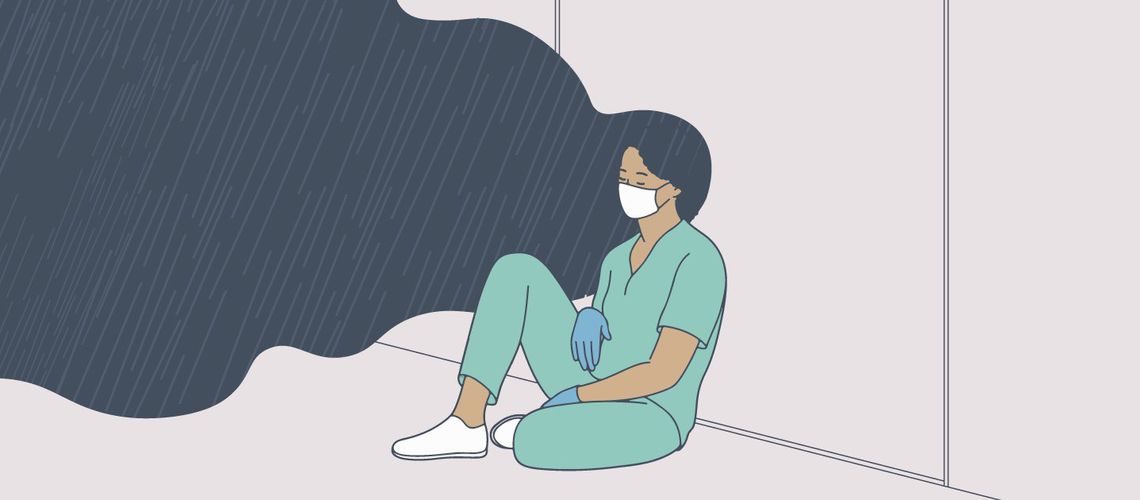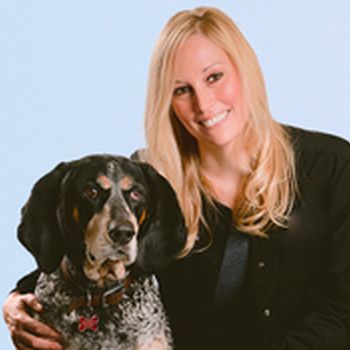

Prioritizing Well-Being in the Work Place: It Starts With Us
As veterinarians we face long work days with high stress levels, difficult clients, sadness and loss, and limited time for seemingly endless tasks. With these daily challenges, the light at the end of the tunnel can be difficult to see, and we often accept the harsh reality of terms such as "compassion fatigue" and "burnout" as just part of our daily lives. But it's time that we come to terms with our challenges and focus on our own well-being, so that we can work toward a more sustainable, gratifying future for ourselves and the profession we love.
A Typical Day as a Veterinarian
It was a rough day. But if I'm being honest, it wasn't very different from most days. Here's a scene that probably seems all too familiar to my fellow veterinarians.
As I walked into work that morning I was met with tired greetings from co-workers, the cacophony of pumps beeping and dogs barking, and a long list of patients waiting to be seen. Fueled by nothing but a hastily prepared cup of coffee, I hit the ground running.

I examined patients, ordered and interpreted diagnostics, performed procedures. I discussed plans and finances with clients — some hostile, some emotional, some just anxious and needing to confide in someone. Some pets I hospitalized, others I sent home, and a few I helped to pass peacefully. One affected me more than most, a sweet young golden retriever with a septic abdomen who gave me kisses and wagged her tail until the very last moment. I fought back my tears, as there was no time to grieve, only more cases to be seen and more work to be done.
And so it continued, one task after the next until day faded into night. The records piled up, and heartaches accumulated like little stones in my pockets, weighing me down bit by bit. I felt the full weight of my day as I left work long after the sun set. My nervous system was an odd blend of exhaustion and post-shift jitters as I drove home, the events of the day playing over in my mind on endless repeat. I thought of the mistakes I'd made, the things I could have done better, and the patients I wasn't able to save.
When I arrived home, I glanced in the mirror and the face looking back was that of a stranger. Sad, tired eyes. Unbrushed hair gathered in a careless bun. A crease in my brow that surely wasn't there this morning. I felt my stomach rumbling but ignored it, too tired to even consider making any food. I headed straight to bed yet sleep evaded me, and as I lay tossing and turning, I wondered if tomorrow might be better.
Go from "AHHH!" to "Ahhh." Read how fellow veterinarians are finding focus in our latest guide.
Challenges Within the Industry
It didn't happen overnight. The burdens have crept up on us — overwhelming student debt, long work hours, difficult pet owners, impossible caseloads — the weight accumulating over time until it has become, for some of us, unbearable. As noted by Today's Veterinary Business, according to the Centers for Disease Control and Prevention, veterinarians are significantly more likely than the general population to commit suicide. Long work hours, work overload, client expectations and complaints, euthanasia procedures, and poor work-life balance have all been shown as contributors.
We have reached a precipice in the field of veterinary medicine, a point where we need to make some changes if we are to continue providing excellent care to our patients while also nurturing our own well-being. We grieve for the colleagues we've lost and wonder what can be done so that we do not lose anyone else, because for every colleague lost, there are countless others who are dreading going to work, considering new career paths, or feeling trapped with nowhere to turn.
Strategies for Healthy Well-Being
Change certainly won't happen overnight, and will require the commitment of everyone involved. But it can also start with us, as veterinarians, and the little steps we might take during a rough day to take better care of ourselves.
- Prepare food in advance and stay hydrated: Rather than reaching for those day-old office donuts or loading up on caffeine, take care of your body by packing healthy snacks, well-balanced meals, and plenty of water. Also take the time to actually sit down and eat, even if that means stepping away from the chaos and telling your colleagues that you need a break.
- Allow yourself the time to grieve: Take a moment after that particularly difficult euthanasia to step outside. Trade the fluorescent lights for real sunshine. Take a deep breath, practice meditation, or listen to a song. A short reprieve just might give you the strength to face the rest of your day and let go of some of that weight that's pulling you down.
- Know your limits: Don't pick up that last case if it means staying hours past the end of your shift. Ask someone else to perform a euthanasia if you're already feeling emotionally drained. None of us want to let our team down or to appear as if we aren't pulling our weight, but self-care involves knowing our limitations and this includes knowing when to say "no."
- Focus on the positive: At the end of a long shift, steer clear of negative thoughts about the things that went wrong and patients that couldn't be saved. Focus your thoughts instead on the clients who showed appreciation, the funny moments with your coworkers, and the pets who went home healthier and happier because of your expertise. A good way to do this is to keep a gratitude journal, a proven method to improve your happiness and well-being.
These changes might seem small, but they add up over time, just like the stress that slowly weighs us down. And in the end we have to ask, what do we have to lose?

